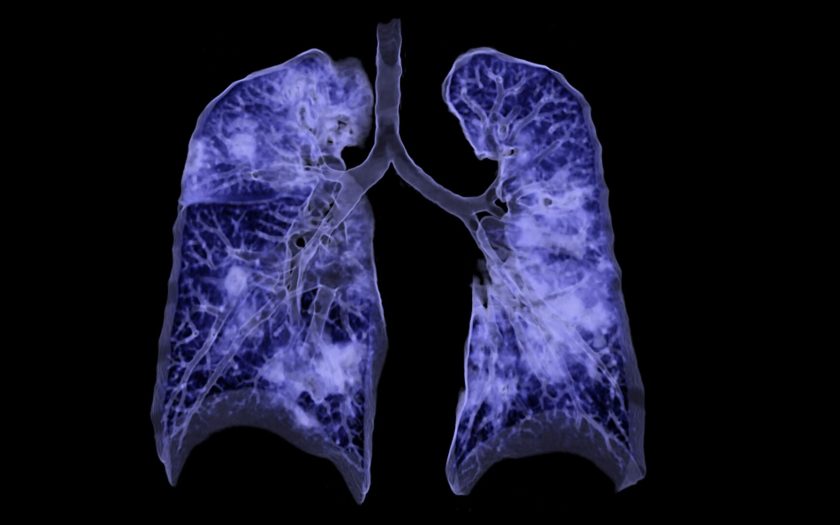Any pneumonia leads to lung damage and intoxication of the whole body. Depending on the severity of the disease and the age of the person, the recovery period after the disease may be different. To reduce the residual effects after the disease and rapid recovery, it is necessary to undergo a course of rehabilitation treatment. First of all, after pneumonia it is necessary to restore immunity. Thus, during the rehabilitation period, the following recommendations should be followed:
- light exercise;
- balanced nutrition and supplementation with vitamin C and omega-3 acids (eg Gold-Vit C 1000 Forte and Gold Omega 3);
- regular ventilation of the room;
- regular cleaning;
- physiotherapy procedures prescribed by a doctor;
- washing only in the shower, prohibition to take hot baths;
- abandonment of bad habits;
- avoid hypothermia.
The following methods are used during rehabilitation:
Breathing exercises (specially designed set of physiotherapy exercises after pneumonia).
Breathing exercises strengthen the chest muscles, prevent the formation of adhesions and scars. During breathing exercises, the body supplies the blood with oxygen and optimizes the outflow of lymph from the lungs. Due to this, the pulmonary system recovers much faster. Physiotherapy exercises in combination with breathing exercises prevent complications of pneumonia. In addition, such procedures increase body tone, relieve fatigue and stimulate brain activity. All exercises should be supervised by an experienced instructor. At the end of the course, it is necessary to continue breathing exercises at home. Exercises are recommended in combination with massage and physiotherapy.
Massage procedures.
These procedures affect the skin’s receptors, increase blood flow to the site of inflammation and improve lymphatic drainage. This helps increase the number of immune cells. It is recommended to choose acupressure methods used to affect the biologically active areas.
Physiotherapy.
Physiotherapy procedures improve peripheral, regional and central blood circulation and have an analgesic effect. This method is contraindicated in febrile conditions, exacerbation of inflammatory processes and severe weakening of the body. Physiotherapy focuses on:
- elimination of inflammation;
- achieving a faster disappearance of the source of inflammation;
- prevention of transformation of acute inflammatory process into chronic;
- improving the function of external respiration;
Magnetic therapy.
This method helps to reduce edema, improve blood circulation and gas exchange in the lungs. With the help of magnetic therapy, the viscosity of secretions is reduced, pulmonary spasm and irritation of inflamed tissues are eliminated. This method also helps speed up the recovery from inflammation and boost the immune system. Magnetic therapy after pneumonia will help to completely suppress the inflammatory process and avoid chronic lung problems.

